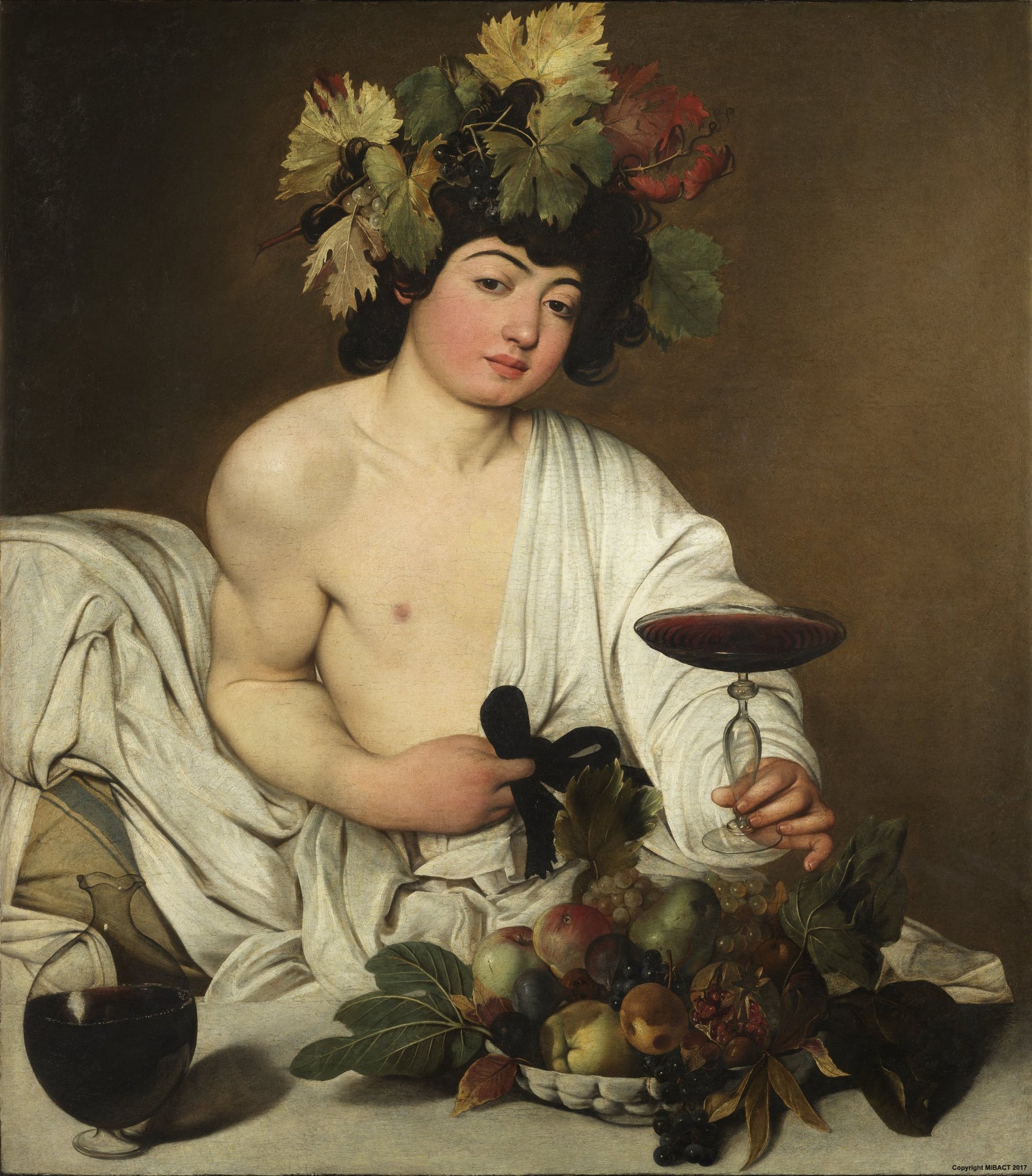
Wine writer RICHARD CALVER says there’s a close comparison of the cult of Bacchus and Christian practices, reporting that: “Both Jesus and Bacchus are born from a mortal woman but fathered by a god; both return from the dead; both give wine to their followers to drink.”
LET me start with a salty joke: What do you call a biblical character who pulls into their church? A parking Lot.

As the cold sets in, sitting in front of the television with the heater blazing is increasingly attractive.
Recently, on such a cold and socially inhibiting evening, I watched the 2021 movie “No Sudden Move” on Netflix. The dialogue was intriguing with many an interesting and quirky exchange.
The plot centres around the recovery of a document by two 1950s Detroit small-time criminals, played by Don Cheadle as Curt and Benicio del Toro as Ronald, the latter a drunken, low-level Don Juan. That’s it. No more plot explanation. I detest reviews/commentary that reveal the plot of a book/movie.
In any event, one of the scenes made me laugh out loud. Ronald and Curt meet in an upscale restaurant. Ronald asks Curt if he’d like some wine. Curt refuses.
Ronald, pouring himself some wine, then says: “Wine is good for you. Ask Jesus.”
Curt responds by saying: “So is a clear head. Ask Pontius Pilate.”
After the movie was over, I spoke with my daughter about this funny exchange, and I said it is clever because it resonates of the Eucharist and is a smidge blasphemous without any offence. That revealed a blank look and the conversation moved on after I said: “The Eucharist’s the Catholic ceremony where the body and blood of Christ are symbolised in the offering of bread and wine to the congregation.” Later, I thought: wait. That answer contains a whole lot of assumptions. Let’s do some research here.
So, according to one website, Eucharist comes from the Greek eukharistia, which also means “thanksgiving”. In the Eucharistic “sacrifice”, the bread and wine become the body and blood of Jesus.
I then went to an historical source that I find exemplary when it comes to the history of all things wine: Paul Lukacs’ book “Inventing Wine”.
Lukacs believes that, whilst contestable, the Christian ritual derives from the prior veneration of the wine God Bacchus in Greco-Roman culture. For the Greeks and Romans and even those in more ancient cultures, wine was sacred.
With all respect to those of a religious persuasion, Lukacs is compelling in his close comparison of the cult of Bacchus and Christian practices: “Several… parallels seem striking. Both Jesus and Bacchus are born from a mortal woman but fathered by a god; both return from the dead; both give wine to their followers to drink.”
He continues that for both Bacchus and Christ, a filled cup of wine contained the divine spirit of their god, a deity that was said to live within the believer rather than in a separate place such as a mountain top. The other salient comparison is that both cultures ensured that the occasion to imbibe was formal, devoted to fellowship and centred on a mystery – that conferred by the partaking of bread and wine.
Britannica substantiates this view by indicating that, following Christ’s death, “some abuses had arisen in conjunction with the common meal, or agapē, with which it was combined. It had become an occasion of drunkenness and gluttony. To rectify this, St Paul recalled and re-established the original institution and its purpose and interpretation as a sacrificial-sacramental rite.”
One day at Bible class, a teacher was talking about Lot’s family leaving Sodom as its destruction occurred: “Lot’s wife looked back and was turned into a pillar of salt.”
“That’s nothing,” said a little girl. “The other day my mother looked back as she was driving the car and turned into a mailbox.”
Who can be trusted?
In a world of spin and confusion, there’s never been a more important time to support independent journalism in Canberra.
If you trust our work online and want to enforce the power of independent voices, I invite you to make a small contribution.
Every dollar of support is invested back into our journalism to help keep citynews.com.au strong and free.
Thank you,
Ian Meikle, editor




Leave a Reply